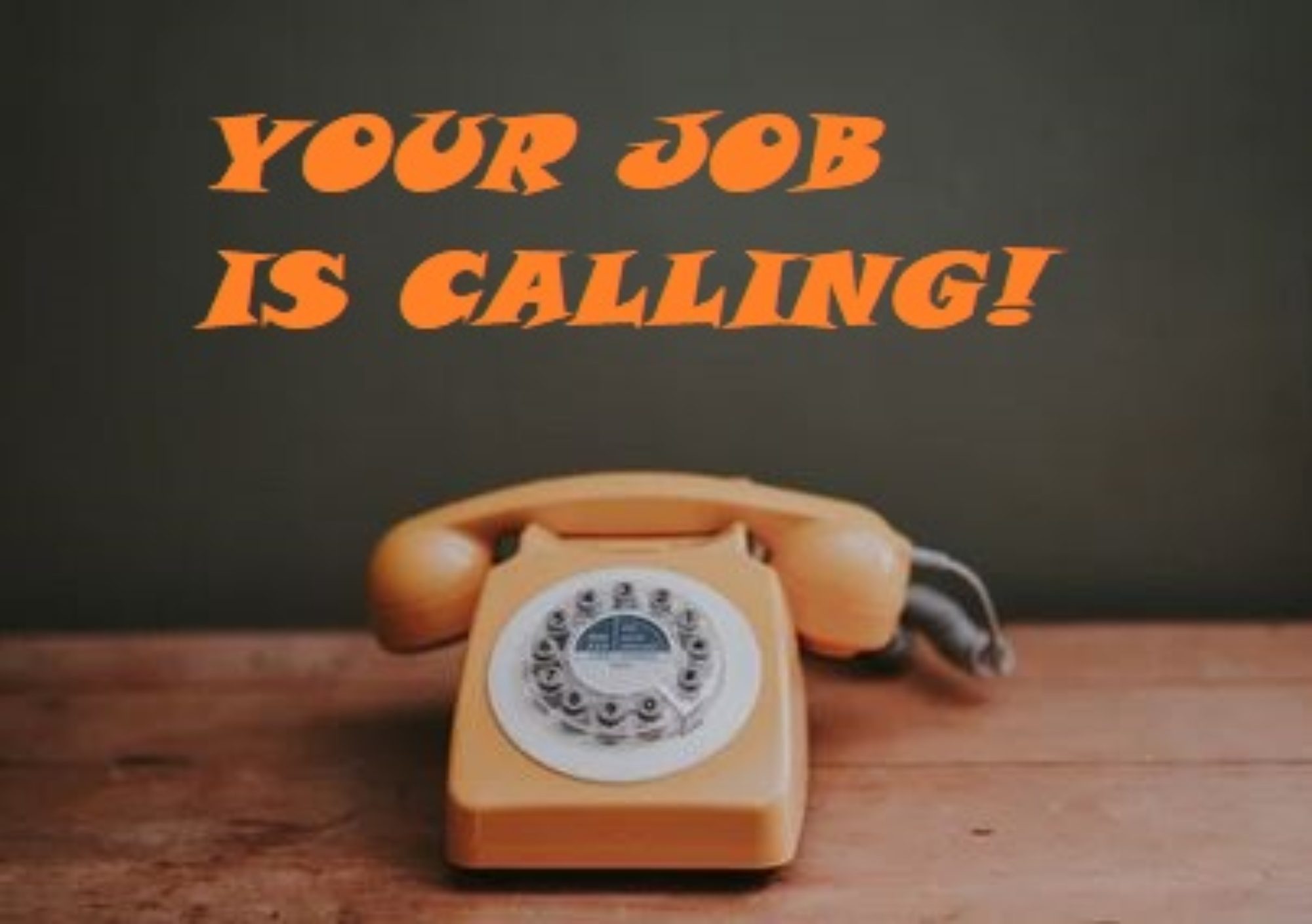I had a friend of a friend who had a crush on this one girl in Jr. High School. We will call him Jerry. Jerry was very shy and not the type to actively pursue girls, but he started crushing seriously hard on Jenny. Now Jenny did not know Jerry too well, but lo and behold word got back to Jenny that Jerry had a thang for Jenny. So, Jenny, not in the same social circles as Jerry wanted to find out what kind of dude Jerry was.
Jerry wanted to put in a good word for himself, so he got his best friend Jimmy who knew Jenny to put in a good word for him. Jimmy obliged. However, Jerry did not know that Jimmy also had a thing for Jenny. Needless to say, Jimmy told Jenny that Jerry was a budding serial killer and then went out with Jenny. Poor Jerry.
Now what is the moral of THAT story?
This entry is about references, so that story is a good lead-in for
Reference Rule #1: Don’t ever use a reference who is going to say something bad about you (or
has a reason to).
Reference checks are usually the last or second to last hurdle to being hired. Of course drug tests are usually the other one. Which brings us to
Reference Rule #2: Don’t use your drug dealer as a reference.

Most employers hate doing reference checks. It is one of those mundane exercises like feeding your kids breakfast or bleaching your arm hair. Most employers have the attitude of “why do I have to call these people who are all going to say good things about this person anyway.” Of course that assumes the candidate has followed Reference Rule #1 also. Every so often you get a reference that spills the beans.
I had one reference call for an Accounting Clerk position once who told me that the candidate was not very good with accuracy, numbers and computers. Guess who didn’t get hired?
Some companies ask for professional and personal references. We are going to whisk right through personal references. Here is a list of good and bad personal references that you can refer to in a pinch. Here goes:
Clergyperson Former Cult Leader Teacher / College Professor
Cellmate or Probation / Parole Officer Lifelong friend
Ex-spouse / boyfriend / girlfriend Family friends
Family members* Volunteer work supervisors or co-volunteers Gang leader in a chain-gang
*Another point of emphasis and Reference Rule #3: Don’t use family members as references either professional or personal. It doesn’t matter if you worked in the family business. Parents and siblings will embarrass you either intentionally or unintentionally. No one has more dirt on you than your family. Just don’t do this!
So what are the values of personal references to an employer. I have no f’ing clue. I think personal references are a complete waste of time and I have never based a hiring decision on a personal reference. I guess the only value would be again if someone used a really bad personal reference then they could be excluded as a candidate. That is the confounding thing about references, there is little upside and you have more to lose than gain in a reference check. Which leads us to
Reference Rule #4: Don’t ever provide references if you are not asked for them first. That is the same thing as going into a boxing match telling your opponent directly that you have a broken rib and you prefer not to be punched there.
So what about professional references? First off, I think we should point out Reference
Rule #5: Don’t ever provide more than 3 references. If asked for professional and personal references, only provide 3 of each though.
So which 3 are best to use for professional references? The answer is, it depends. If you are applying for a non-supervisory position, you should provide 2 supervisors and co-worker. If you are applying for a supervisory position, you should provide 1 supervisor, 1 co-worker and 1 subordinate.
Now, if you are providing a subordinate reference, you better hope to hell you are not a shitty boss. If you are a shitty boss, then I pray and your future underlings pray that you just don’t apply for anymore supervisory positions. No more advice for you. Just work on being a better person!
There are 2 more important rules for providing references. I am going to list them together:
Reference Rule #6: Don’t provide a reference without letting them know you are listing them as a reference first.
Reference Rule #7: Don’t ask for references from your current employer.
Rule #6 is just common courtesy. You don’t want to blindside somebody with a reference call. It is just rude. In addition, you want to have as much control on the situation as possible, so you want to make sure that the person is on your side. You should contact them before even putting them on your reference list.
Rule #7 is self-explanatory. You probably do not want to tip off your current employer that you are looking to jump ship. A reference call would do just that before you have secured employment at the new firm. If you really want to screw the pooch, this is a great way to go about it.

So there you have it. Now all you have to do is find people who are willing to say nice things about you. Shit, this is gonna be harder than I thought!
